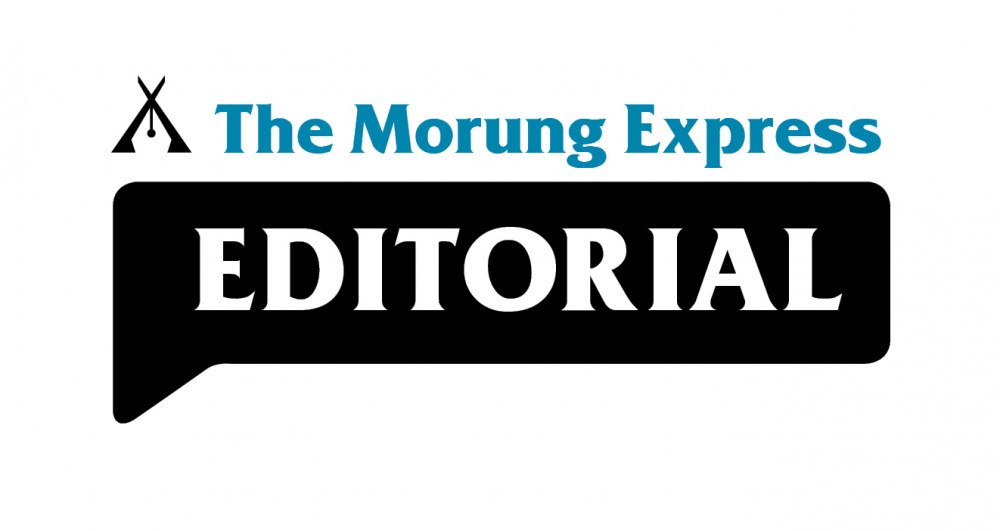
Imlisanen Jamir
Women in Nagaland, despite being at the forefront of many sectors, continue to be left out of political and structural decision making. Failure to include them in this crucial area will be detrimental to the otherwise tremendous strides that Nagaland’s women have made.
According to the All India Survey on Higher Education (AISHE) 2019, women far exceed men in higher education (PHD, M Phil, PG & UG) enrolment in Nagaland. Workforce participation of women in the State is also almost at par with men. Their involvement in agri and allied activities, which has become a core focus area for the State and Central Governments, exceeds that of men.
The annual administrative report of the State’s Economic and Statistics Department 2020-21 meanwhile revealed that during 2017-18, the percentage of female employment in the public sector constituted a significant 23.36% of the total employment, whereas in the private sector they constituted the majority 52.81% of the total employment.
During 2018, total female government employees comprised of 30.12% whereas male government employee comprised of 69.88%. The percentage of female employees in various categories is as follows: Class I- 29%, Class II- 27%, Class III- 28% and Class IV- 34%.
Add to this, their accomplishments in the fields of entrepreneurship, activism, the arts etc, and it is baffling that within the political and decision making halls, women are nowhere to be seen.
There are some stories which give hope. There is Khrienuo Metha who was elected President of the Metha Thinuo Krotho Dimapur, a traditional institution of the Metha clan. The Naharbari Village Council has Tokheli Kikon as its President. This issue carries on its front page a report on how the Chizami Village Council and VDB have inducted women members to play decision making roles.
While stories like these garner optimism, sadly, they are too few and too far apart.
An opportunity arose in 2017 to conduct the Urban Local Bodies (ULB) in the State with 33% women’s reservation. But the tragic incidents that followed the opposition to it led to the elections being put on hold till now. The issue is being ‘studied’ for far too long now. It is bound to crop up again, and not talking about it or making a decision on it, only defers the inevitable.
There are a lot of people who pay lip service to issues like gender equality these days to appear in tune with present cultural climate. But a lot of these actions only serve as diversions and temporary statements.
The ULBs present a tremendous opportunity to provide substantial platforms for women to take part in political decision making and begin political careers.
Comments can be sent to imlisanenjamir@gmail.com






